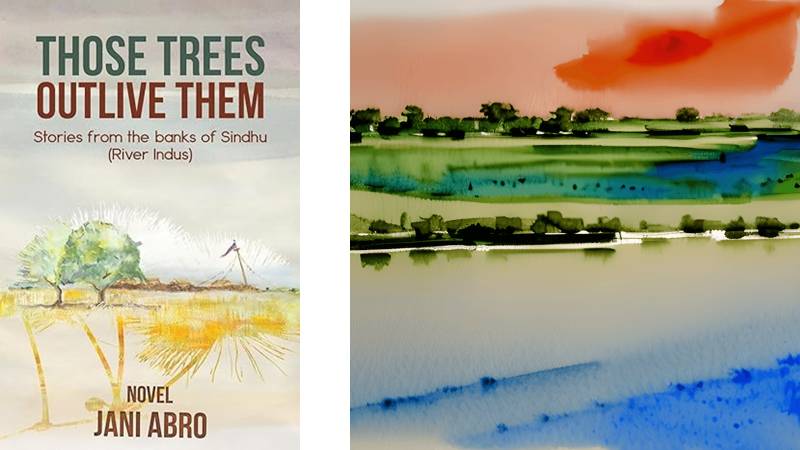
In his famous autobiography Memoirs, Pablo Neruda, the Chilean politician, diplomat, Nobel laureate and one of the finest poets of all times, mentions another eccentric Chilean intellectual, Omar Vignole (Viñole) extensively as a picturesque, curious character.
Omar, who, in his own right, was a poet, a writer and a sculptor par excellence, was also known as a sort of enfant terrible due to his idiosyncrasies. He had annoyed a lot of people with his unconventional behaviour.
One day, he invited Neruda to a famous restaurant for dinner. Once at the table, he turned to Pablo Neruda and pointing to a chair, in a loud voice that could be heard by everyone in the restaurant, he said “Please have a seat, Omar Vignole.”
Confused Neruda said, “But I am Pablo Neruda. Why are you calling me Omar Vignole?”
“You know what,” Omar explained, “Everyone in this restaurant knows Omar Vignole by name but they have hardly seen his face. A vast majority of them wants to beat the living daylights out of Omar. I want them to do that to you rather than me.”
I sometimes feel the same way for Jani Abro.
His recent novel, Those Trees Outlive Them has contributed a great deal to my jealousy.
Here I am, struggling for years to put together a few paragraphs right. There, he, Jani Abro, pulls such a magic through his pen! How dare he could write so well!
I read every word of his novel Those Trees Outlive Them even before it got sent to the publisher, as Jani has been kind enough to acknowledge in the preface of the book. Still, let me submit that, while reading the manuscript, I felt strong jealousy, more than awe, at the range of his endless imagery, mesmeric narration as well as fascinating phraseology that keep you spellbound until the book ends, all of a sudden leaving you with an unquenched thirst to read more.
This is a story of the dogged struggle and ambition – from the deep backwaters of colonial era rural Sindhi to modern day New Jersey – of a resolute family reaching for the stars.
The piercing observation of the author into human psychology, of a penny-less pauper like Fakeer, to a first world citizen, Kabeer, and the understanding of their line of thought, their longings and desires, is absolutely astounding. What is more amazing, however, is his description of the people and places he has chosen to mention in the book.
Shouldn’t one feel resentment and envy? How could he write so well!
Those Trees Outlive Them is mostly an autobiographical fiction, straddling five generations of Jani’s family. Starting with Fakeer, the great grandfather of Jani, who grew up in “a dusty hamlet, like from the deep pits reminiscent of a scene from the Dickens novels, called Mehann-jee-Khahee right across from the Lake Drigh … a place enveloped in dirt and barely breathing, suffering its last throes, somewhere in the Northern Sindh”, the novel is a story of Fakeer, Alam, Gohar, Jani and his son, Kabeer.
This is a story of the dogged struggle and ambition – from the deep backwaters of colonial era rural Sindhi to modern day New Jersey – of a resolute family reaching for the stars.
Having had the fortune to know three out of the five generations referenced in the book, it is Interesting for me to see that for his characters, throughout the book, Jani has used the real names.
Jani – or, Dr Zahid Alam, as his official documents reference him – Abro, is a multi-talented character. Basically, a poet, but also a dramatist, actor, photographer, you name it, as well as a trained physician. Born in the famous Alam Abro household of Qais Alam Abro (the writer of international award-winning TV drama, Dangi manjh Daryah), Tariq Alam Abro, the famous Sindhi novelist and TV dramatist, and Dara Alam Abro, a painter, and a teacher of Arts, in Jamshoro, Sindh, Jani has written extensively before this, mostly in Sindhi, but in Urdu as well.
This novel is Jani Abro’s first foray into the realms of English literature. However, he has been admired and loved for his Sindhi/Urdu poetry by not just masses, but also by such greats as Shaikh Ayaz, Asif Farrukhi and Shamsur Rahman Farooqui, long before this.
How? That story needs to be told too.
In the 1990s, an anthology of poetry of young and upcoming Sindhi poets was published as Deeaa Deeaa laata asaan (we are the flames of the candles), the preface of which was written by the venerated poet Shaikh Ayaz.
The book, which included three of Jani Abro’s poems, landed in Asif Farrukhi’s hands. Asif Farrukhi drove to Jamshoro, found famous writer Tariq Alam Abro and asked Tariq whether he knew a young poet named Jani Abro. He wanted to talk to Jani. Tariq, being an uncle of Jani, was amused. But he introduced Jani to Asif.
Asif asked Jani to translate all three poems in Urdu and send them to him. Jani duly translated the poetry and dispatched it to Asif in Karachi.
Asif sent those poems to Shamsur Rahman Farooqui in Allah Abad, in India. Farooqui, not only published those poems in his magazine Shab Khoon, he asked Asif Farrukhi to have all of Jani’s poetry translated and sent to Farooqui for the magazine. That is how a number of Jani’s poems got published in one of the finest Urdu literary magazine.
That being about Jani’s Sindhi and Urdu works, I wish Shaikh Ayaz, Asif Farrukhi and Shamsur Rahman were alive today to enjoy his English novel too.
But, coming back to our topic, if you believe my word, this novel Those Trees Outlive Them, published by Austin Macauley Publishers, is a must read. Don’t miss it.

